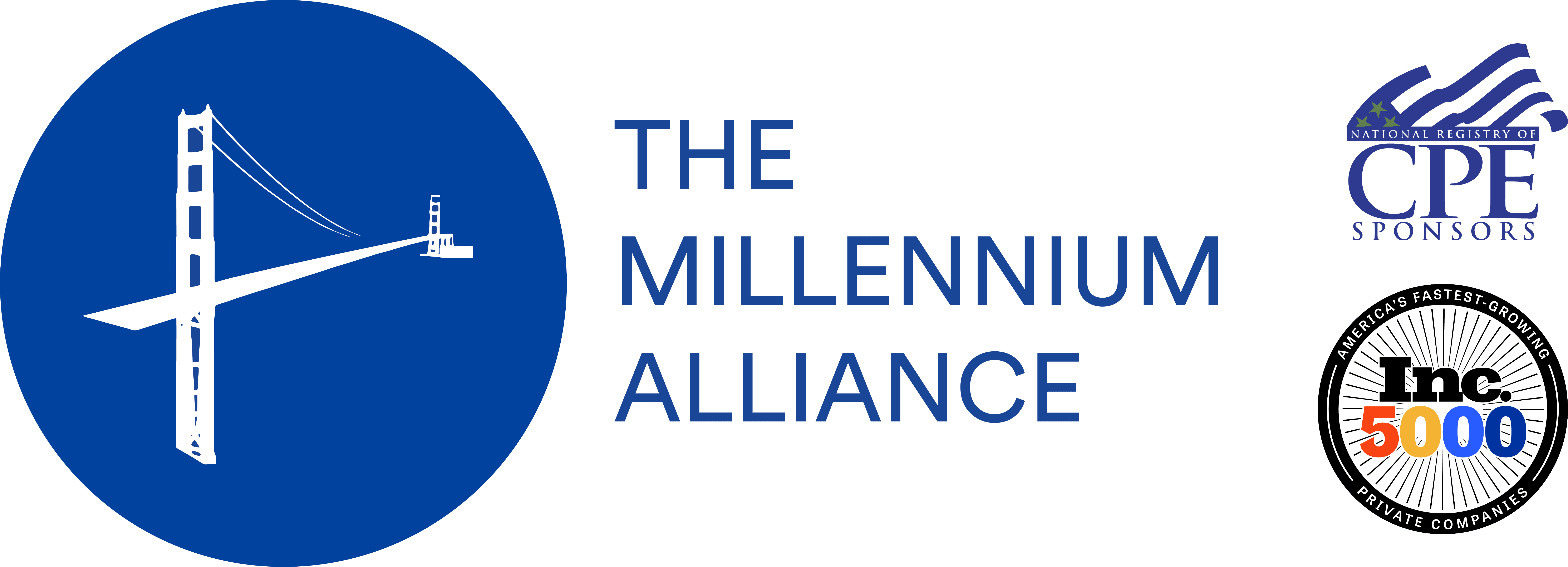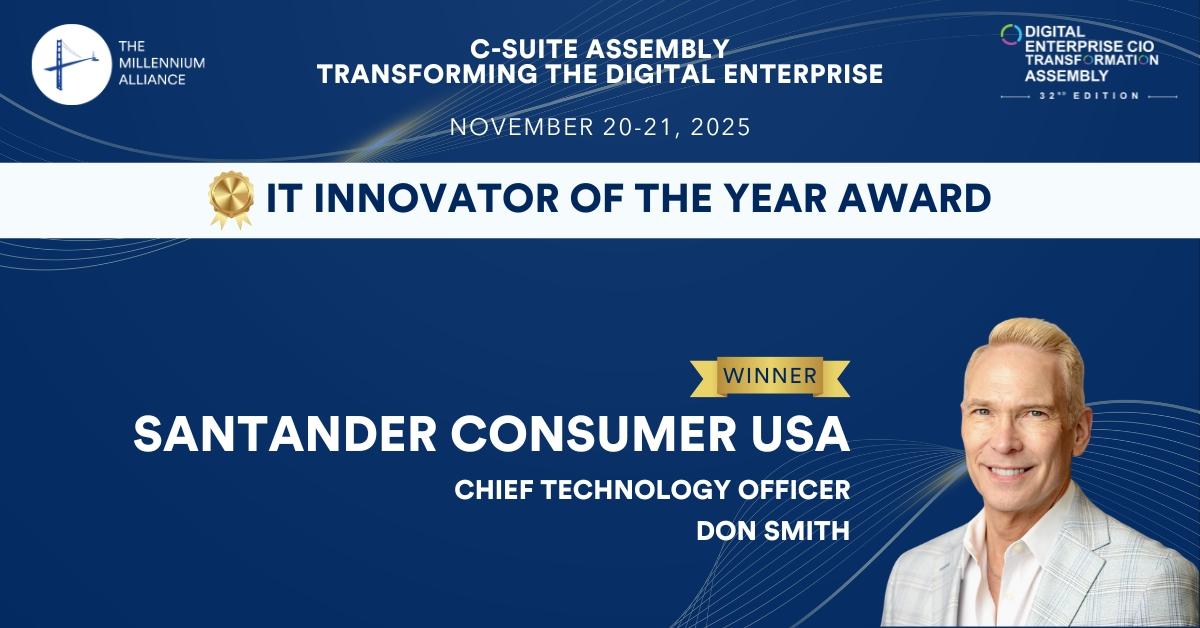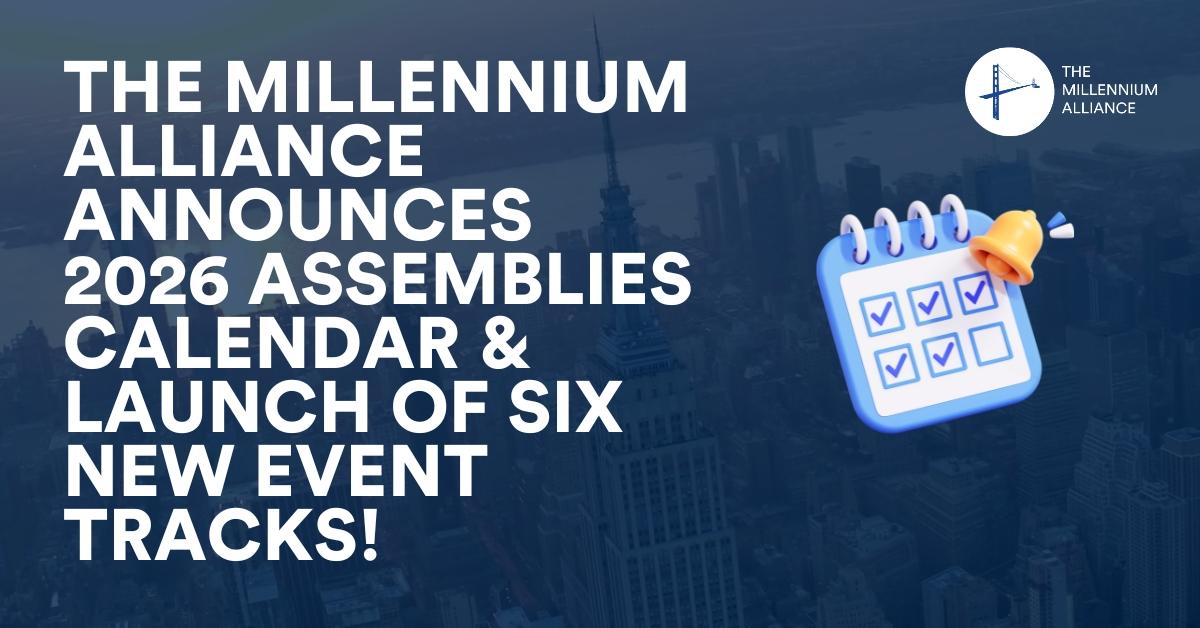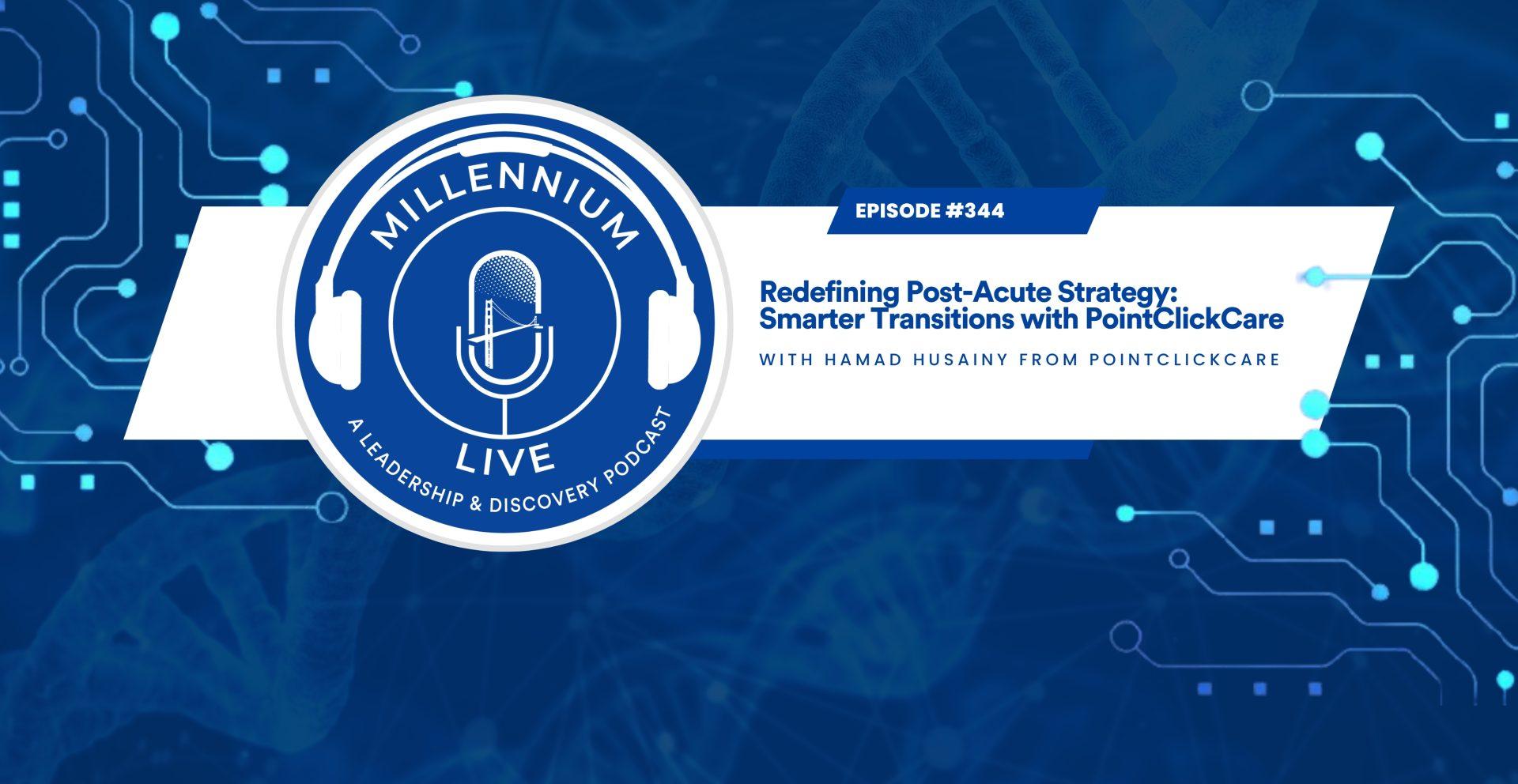As a result of Amazon’s impact, customers expect increasingly frequent & fast deliveries, and by all means, this has affected a number of industries thanks to their dominance in a variety of product categories. The main challenge in the fulfillment of delivery expectations is the crucial “last mile”- defined by Capgemini Research Institute as “the final leg of the journey where a product lands in a consumer’s hands”.
Although 75% of consumers are willing to spend more for an exceptional delivery service, this “last mile” in the delivery process has posed a number of problems- most notably, it typically covers 41% of all supply chain costs, and according to Capgemini Research Institute’s analysis, US grocers’ net profits may fall by 26% over the course of 3 years if the “last mile” delivery isn’t optimized. Further speaking to the scale of this issue, Business Wire reported that 44% of survey participants stated that the expectation to process and deliver goods faster is the #1 most challenging customer expectation to meet.
Present methods are grossly unsustainable, and even Amazon has suffered a 9% drop in their stock due to shipping costs affecting profitability. Yet in order to keep up with customer expectations, retailers are left with no choice but to provide that faster service. This is why delivery innovation will remain a priority across all industries in 2020, with autonomous vehicles & drones increasingly being used by the likes of Alphabet Inc., Uber, CVS, Postmates, Walmart, USPS, Fedex and Amazon.
Pharmacies have taken particular notice to drone deliveries as their products’ compact size & weight align with drones’ current capabilities. Just last week, CVS completed their first residential drone delivery, and President of CVS, Kevin Hourican announced, “We see big potential in drone delivery in rural communities where life-saving medications are needed and consumers at times cannot conveniently access one of our stores.” Similarly, Alphabet Inc’s Wing, in collaboration with Walgreens, has begun delivering over-the-counter medications and convenience items to Christiansburg, Virginia.
At the consumer level, increased efficiency and speed of delivery has dramatically simplified our lives, but we cannot deny that innovation industry has created a massive disruption in the supply chain that must be addressed sooner rather than later. Current models are conclusively unsustainable even for tech giants like Amazon, so how might this impact the future of small and local businesses? Is one-day delivery worth comprising small business as we know it?














